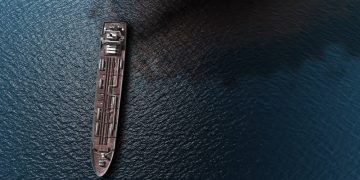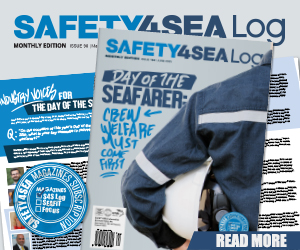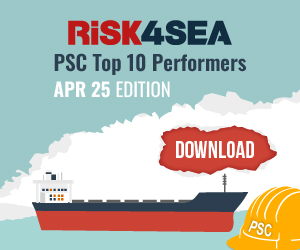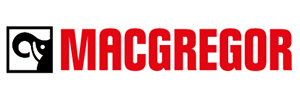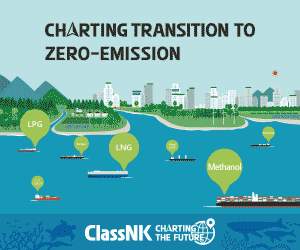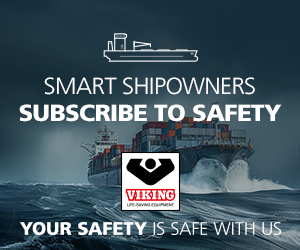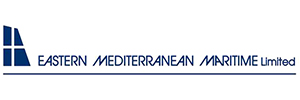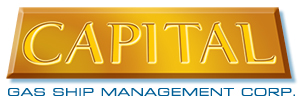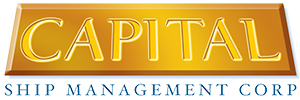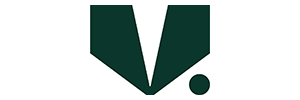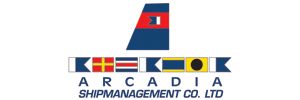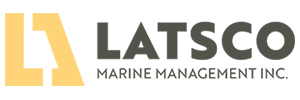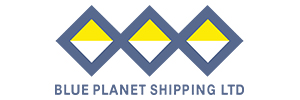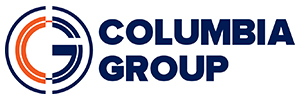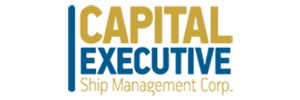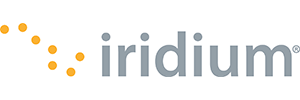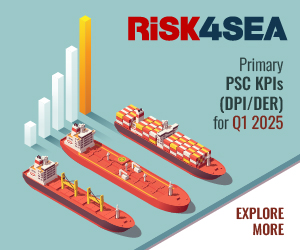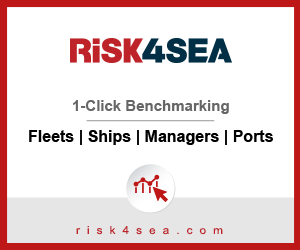On 17 June, Canadian Foreign Affairs Minister Anita Anand announced a major expansion of sanctions against Russia, targeting “shadow fleet” vessels.
As part of this package, Canada is listing an additional 201 vessels linked to Russia, bringing the total number of sanctioned vessels to over 300. These ships are believed to be involved in transporting oil, liquefied natural gas, arms, and other goods that benefit the Russian state.
The sanctions also introduce new prohibitions on providing any services related to these listed vessels, including technical support, maintenance, or financial services, effectively isolating them from international maritime networks.
These vessel-related sanctions are designed to disrupt the operations of Russia’s so-called “shadow fleet,” a network of ships used to circumvent sanctions and continue exporting oil and other resources. By blocking access to global shipping services, Canada aims to constrain Russia’s ability to generate revenue and supply its war machine.
Beyond maritime sanctions, Canada is expanding its Special Economic Measures to include 77 individuals and 39 entities. These include three Russian financial institutions that facilitate war-related transactions and 15 individuals and entities enabling the shadow fleet’s operations. Canada is also strengthening sanctions against Surgutneftegas, a major Russian oil and gas company.
Trade restrictions are also being tightened. Nearly 1,000 additional goods are now banned from export to Russia, including items related to chemical and biological weapons production, industrial equipment, and sensitive dual-use technologies. New import bans target coal, metals, and other goods that generate revenue for Russia.
Further sanctions target Russia’s development of sensitive technologies. Three individuals and 14 entities involved in the Russian quantum sector, which has potential military applications, are now sanctioned. Additionally, 29 individuals and 6 entities who have profited from the war, such as senior officials, industrialists, and those involved in seizing foreign assets are also included. Among them are 45 people identified by the Anti-Corruption Foundation as enablers of Russia’s military-industrial complex and disinformation efforts.
Canada’s move follows the G7 Summit in Alberta (Jun 15–17, 2025) and represents its most significant action yet to crack down on Russia’s maritime logistics and revenue streams tied to its war in Ukraine.
To remind, on 18 June, the Australian Government announced targeted sanctions on 60 vessels linked to Russia’s shadow fleet, marking the first time Australia has imposed such sanctions.






